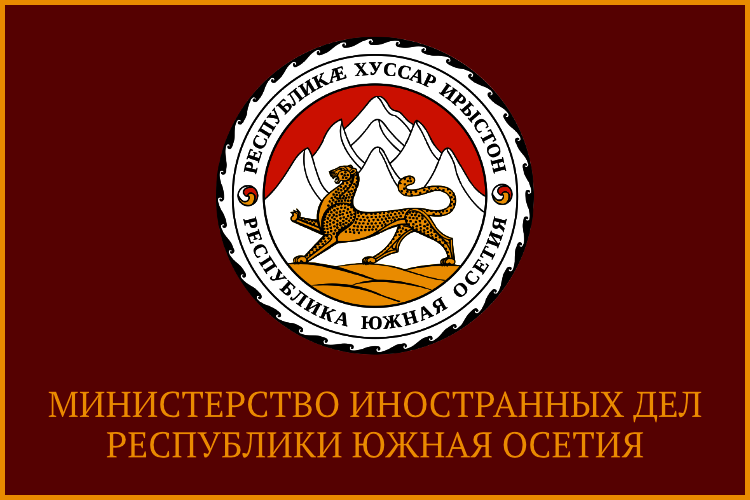On March 27 President Mikhail Saakashvili, speaking at the plenary session of the Summit on Nuclear Safety in Seoul called South Ossetia and Abkhazia ‘black holes’ not only for the narcotics trade, but also for the smuggling of nuclear materials.
Today, when another round of discussions on security and stability in the Caucasus starts in Geneva, these statements are quite expected. Saakashvili and other Georgian leaders cannot do without mentioning of the "sick theme" of South Ossetia and Abkhazia in all their speeches. Summit in Seoul was no exception.
While the whole world is worried about the threat of nuclear terrorism it is not serious to make such provocative statements using them for political goals and ambitions. The Georgian authorities are not reconciled with the existence of internationally recognized states – the Republic of South Ossetia and Abkhazia, and seek to bring them back in any way trying to find some access to their territories, imposing ‘the need for monitoring and deployment of international police forces’.
Official Tbilisi, with the deficit of foreign resources, opposed to the process of recognition of independent states a project called ‘occupation’. The Georgian Diplomacy is actively attacking the area of foreign policy with one purpose - to convince public opinion that there are no ethno-political problems in Georgia; there is only external aggression and occupation by Russia.
Such speculative statements are made by the Georgian authorities in order to deflect attention away from their own problems and expansion of military force threatening the stability in the region. After the aggression against South Ossetia, Tbilisi headed for the upgrading of Georgian military force concentrating on the correction of ‘shortcomings’ which were highlighted through the defeat in the war conflict.
Ministry of Foreign Affairs of the Republic of South Ossetia is confident that such statements of Georgian politicians are nothing more than traditional attacks of Georgia on South Ossetia and Russia and they will never bring South Ossetia and Abkhazia closer to Georgia. Georgia has a chance to influence the situation in the region positively, conceding the political reality, to establish good relations with the Republic of South Ossetia, which primarily requires the signing of legally binding document on nonuse of force, which remains the central issue in the agenda of the Geneva discussions. However, the Georgian government is clearly not ready to make such a step and establish real security in the region.
Tskhinval 28 March, 2012
